The European Commission President has called on the bloc to look into so-called innovative solutions to stem the flow of irregular migrants, including the creation of return hubs outside the bloc to detain rejected asylum seekers awaiting deportation.
Most of the political groups that supported Ursula von der Leyen's re-election at the helm of the EU's executive on Wednesday criticised her stance on the bloc's migration policy.
Members of the European Parliament (MEPs) from the Socialists, Greens, and Renew Europe lambasted several key points outlined by the President of the Commission in a letter sent to the 27 EU leaders ahead of the last week's European Council during a key debate on migration management in the hemicycle in Strasbourg.
Iratxe García Pérez (Spain), chair of the Socialists and Democrats, was among the most critical voices, calling on von der Leyen to "abandon her inhumane and illegal proposal to create deportation centres in third countries, because it is unacceptable to bend to the extreme right to endorse a migration model that violates human rights".
In her letter dated 14 October, the Commission chief proposed ten points of action, including clear attempts to outsource parts of the bloc's migration policy. For example, she called for more partnerships with third countries to reduce irregular arrivals and proposed ‘innovative ways to counter illegal migration,’ including the controversial idea of establishing return hubs outside the EU.
Von der Leyen wasn’t present at Wednesday's debate and was replaced by Helena Dalli, European Commissioner for Equality.
García Pérez, along with many other members of her group, criticised the protocol agreed upon by Italy and Albania to build and manage two Italian processing centres in the Balkan country, which von der Leyen considers an experience to learn from.
No migrants are currently being hosted in these centres after an Italian court refused to validate the transfer of 16 asylum seekers from Bangladesh and Egypt there, arguing that their requests must be processed in Italy where their countries of origin are not considered safe third countries.
"Centres in Albania are a logistical nightmare, a legal disaster, a threat to human rights, and a significant cost," said S&D MEP Cecilia Strada, who hails from the Partito Democratico, the main opposition party in Italy.
While primarily focused on assessing asylum requests from certain categories of migrants, the Albanian centres could be seen as a sort of return hub outside the EU, as rejected asylum seekers could be held there for up to 18 months while awaiting repatriation.
The Greens/EFA group also opposed the idea of detaining rejected asylum seekers outside the EU before sending them back to their countries of origin with Dutch MEP Tineke Strik arguing that "in the so-called return hubs, people would most likely be placed in limbo, in indefinite detention with no rights or perspectives".
"That’s a way for member states to circumvent EU obligations," she added.
The response from the liberal Renew Europe group was more nuanced.
MEP Fabienne Keller (France), who was one of the rapporteurs for the Asylum Procedure Regulation (APR), one of the key files of the Pact on Migration and Asylum agreed last spring, said she "firmly stand(s) against the so-called ‘innovative solutions’ for outsourcing EU repatriation policy, including hubs far from us: they would prove ineffective and make us more vulnerable to blackmail by third countries."
But others within the group were less critical with some calling for member states to focus on implementing the Migration and Asylum Pact, and others, like Dutch lawmaker Malik Azmani, endorsing the signing of agreements with third countries, similar to the controversial EU-Tunisia deal, to reduce irregular arrivals from North African countries.
Von der Leyen’s allies from the European People’s Party mostly defended her positions, but the Commission also faced criticism from the far right, which consistently calls for stricter policies on asylum and returns.
"The title of today’s debate is Managing migration in an effective and holistic way," quipped Italian MEP Paolo Borchia from Patriots for Europe, "which is exactly the opposite of what you have done up to now."
The debate does not foresee any resolution by the Parliament.

 5 months ago
49
5 months ago
49
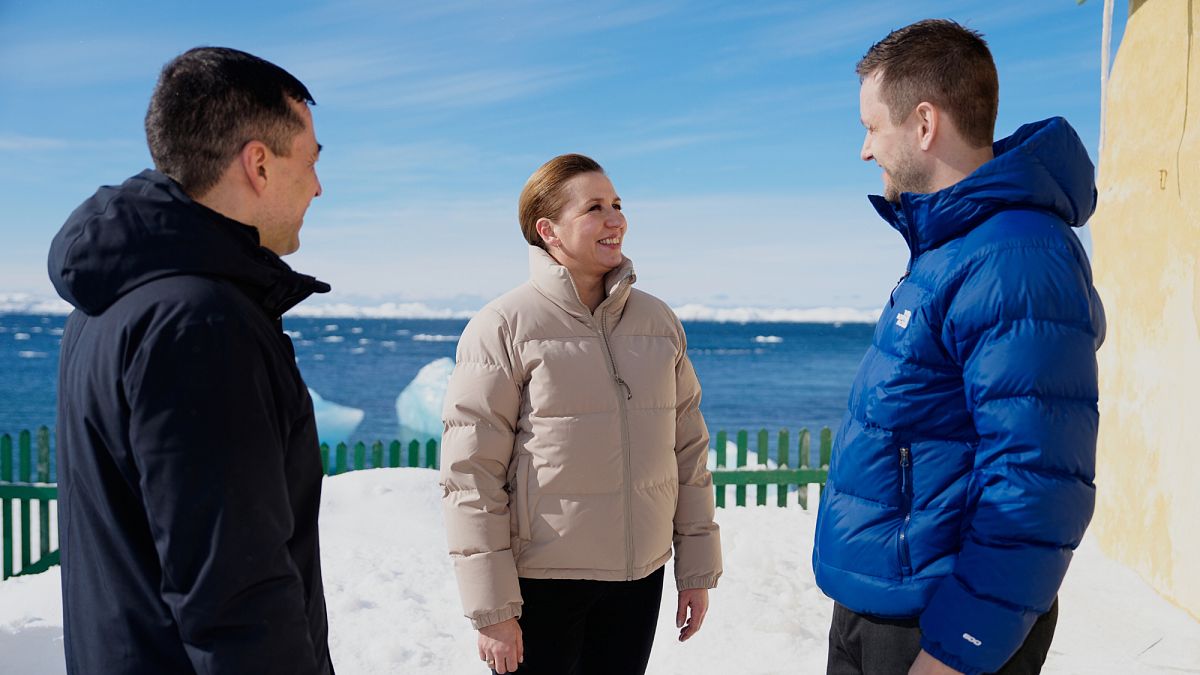
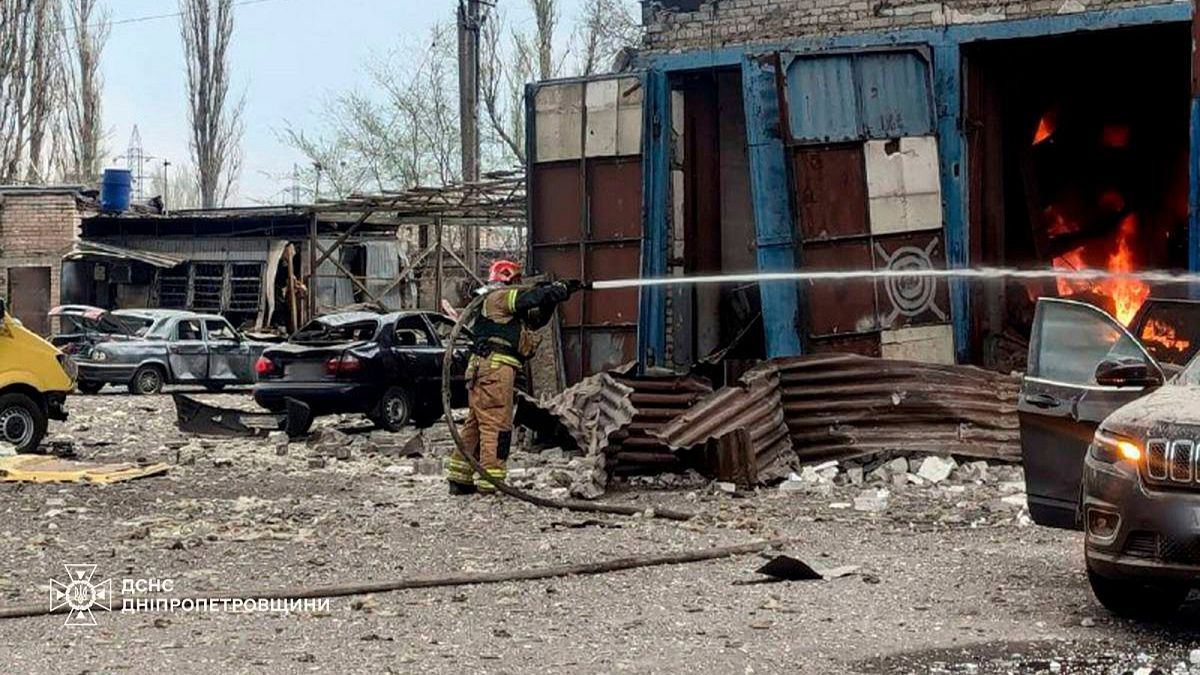
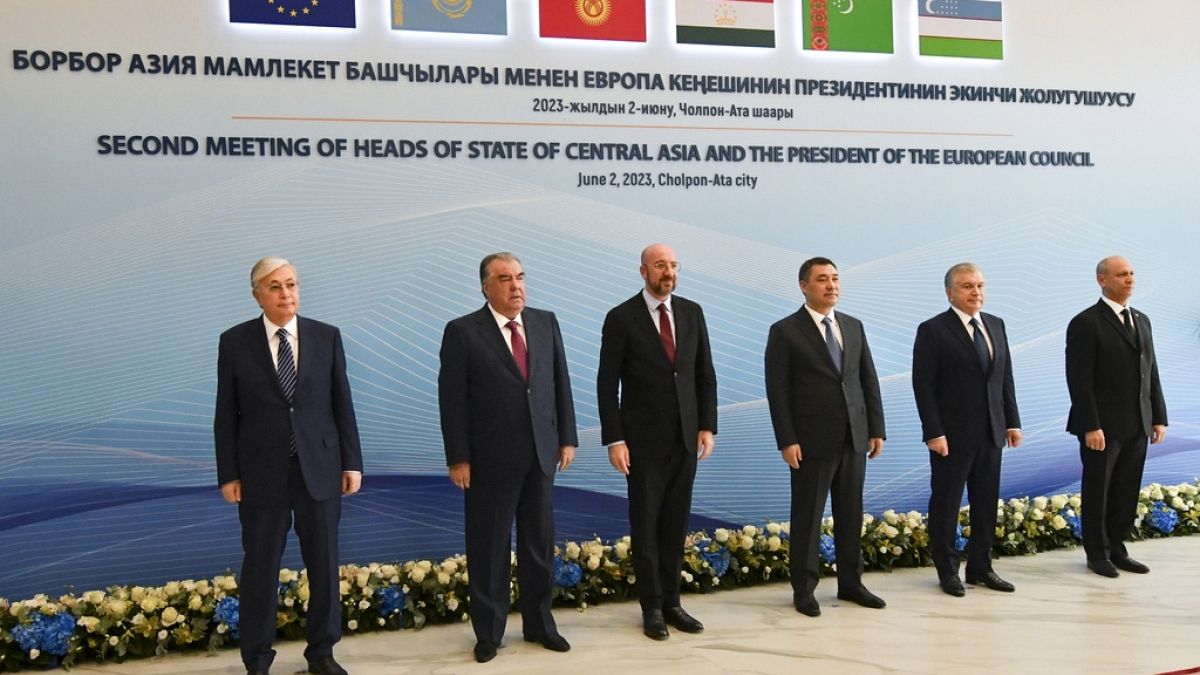

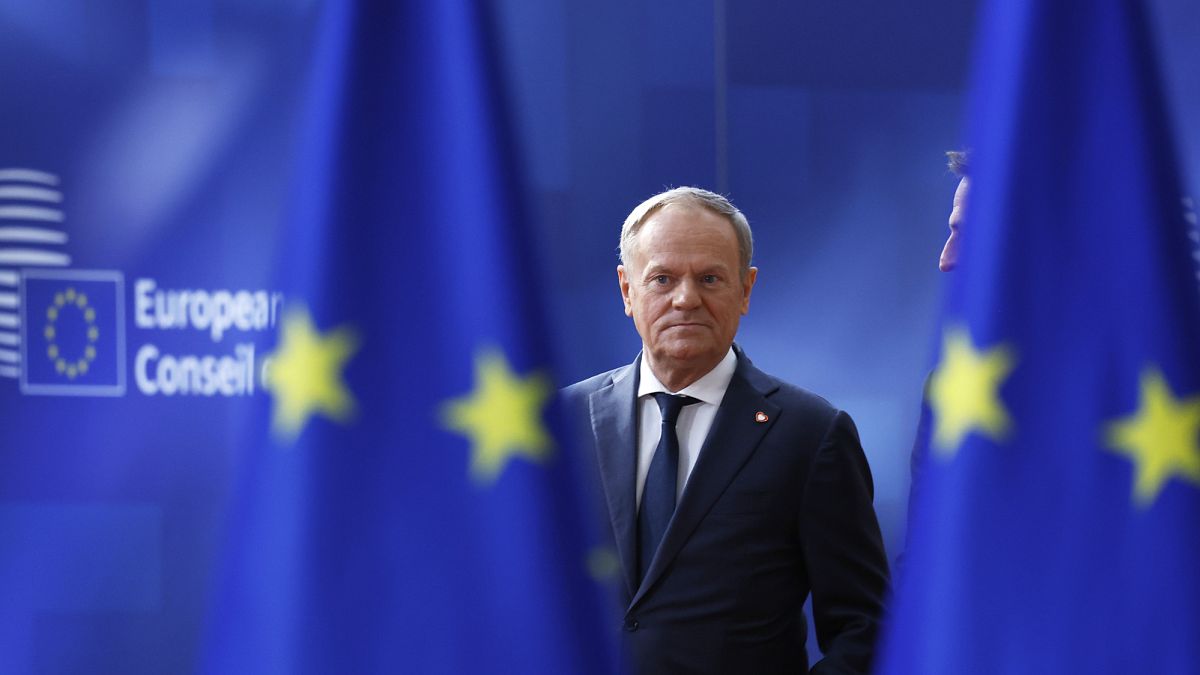
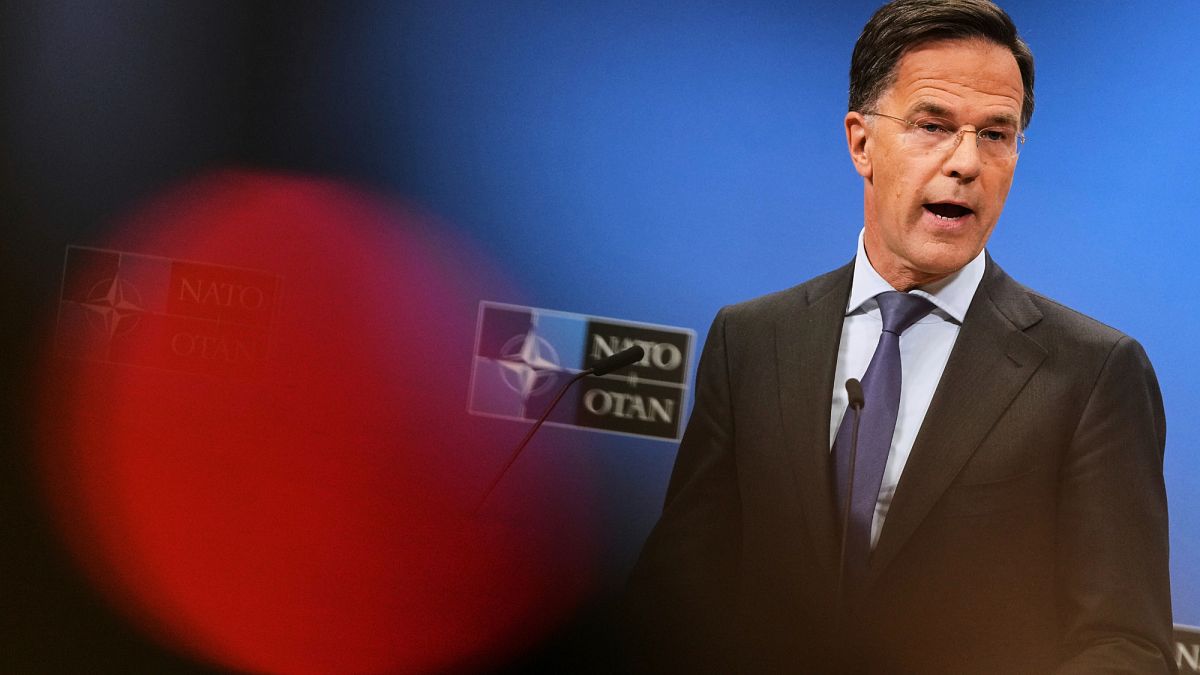
 We deliver critical software at unparalleled value and speed to help your business thrive
We deliver critical software at unparalleled value and speed to help your business thrive






 English (US) ·
English (US) ·